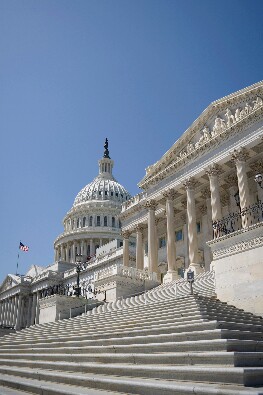
Dropping health coverage under PPACA

Keeping more of your FSA

Unlimited opportunity in 2012 with a PPACA ruling

Most significant development

The biggest decision
Mark C. Nielsen, who specializes in health care law and is principal with Washington-based Groom Law Group says that the crystal ball question of how the court will rule is dangerous [as] no one knows how they are going to rule until the nine justices sit in the conference room together and make a decision. Yet, he says he wouldnt be surprised if the court upholds the individual mandate provision after the Justices parse through 60 years of inconsistent case law.





